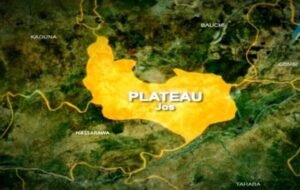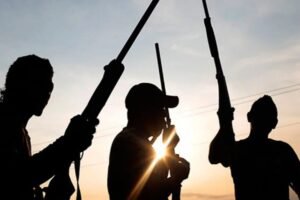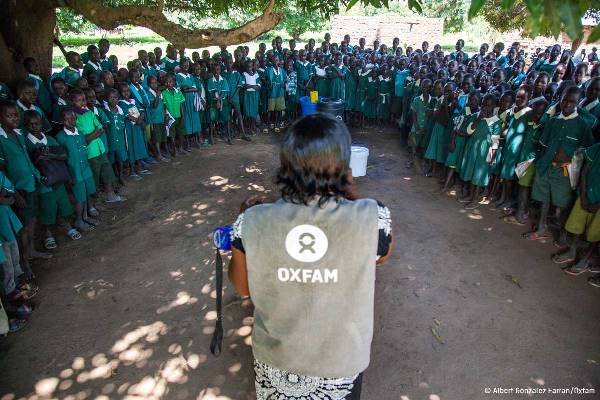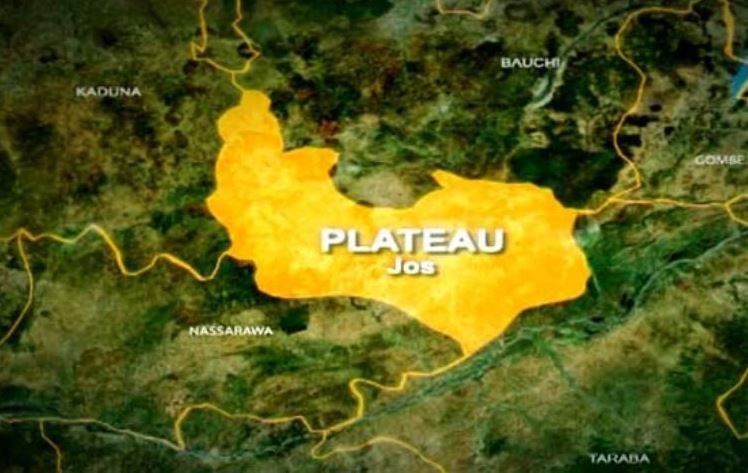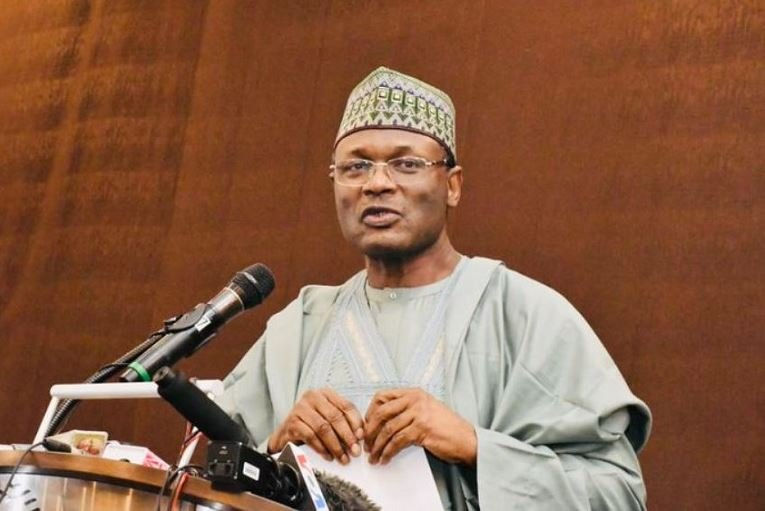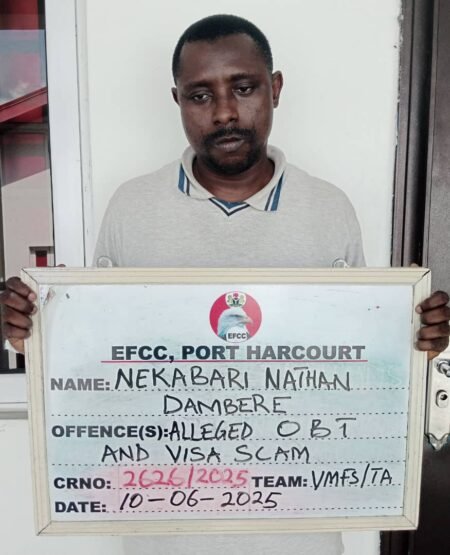 The Inequality report released by Oxfam International on Wednesday, revealed that the combine wealth of five richest Nigerians, put at $29.9 billion, could end extreme poverty in the country.
The Inequality report released by Oxfam International on Wednesday, revealed that the combine wealth of five richest Nigerians, put at $29.9 billion, could end extreme poverty in the country.
The report, entitled ‘’Inequality in Nigeria, Exploring the Drivers” exposed the large and growing gap between the rich and poor in Nigeria.
It revealed that the benefits of the nation’s economic growth had been captured by a few wealthy elite at the expense of the ordinary Nigerians.
According to the report, the economic inequality is a key factor in the conflict in the North-Eastern states of the country.
Oxfam International also disclosed that Nigeria’s richest man earned 8,000 times more in one day than a poor Nigerian would spend on basic needs in a year.
It said that more than 112 million people were living in poverty in Nigeria, yet the country’s richest man spent one million dollars a day for 42 years to exhaust his fortune.
According to the report, Nigeria is one of the few countries where the number of people living in poverty is on the increase despite the growth of the economy.
The report also indicated that 69 per cent of people now live below the poverty line in North-Eastern states, compared to the 49 per cent in the South-West.
It also showed that women were not being captured on the benefits of economic growth because they tended to be employed in low-skilled, low-paid informal jobs.
According to the organisation, women represent between 60 per cent and 79 per cent of Nigeria’s rural labour force but are five times less likely to own their own land than men.
It further stated that women were also less likely to have had a decent education, noting that over three quarters of the poorest women in Nigeria had never been to school.
The report said that poor people did not benefit from Nigeria’s wealth because of high level of corruption and the excessive influence big business and some wealthy elite had over government and policy making.
According to the report, public office holders steal estimated 20 trillion dollars from the treasury between 1960 and 2005, while multinational companies receive tax incentives estimated at 2.9 billion dollars a year.
This development it said was three times more than Nigeria’s entire health budget.
It further revealed that small and medium size businesses and workers in the informal sector, however, faced multiple taxes.
“Despite being Africa’s biggest economy, the share of the national budget allocated to education, health and social protection is one of the lowest in the region.
“In 2012, Nigeria spent just 6.5 per cent of its national budget on education and just 3.5 per cent on health.
“By comparison, Ghana spent 18.5 per cent and 12.8 per cent, respectively in 2015.
‘’As a result, 57 million Nigerians lack safe water, over 130 million lack adequate sanitation and the country has more than 10 million children out of school.“ it stated.
Commenting on the report, Mr Celestine Odo, Good Governance Programme Coordinator for Oxfam in Nigeria, said extreme inequality was undermining the economy and fermenting social unrest.
According to him, Nigerian leaders must be more determined to tackling this terrible problem.
Odo said that it was an irony that Nigerians were living in poverty in spite the abundance of wealth in the country.
He said it was important to free millions of Nigerians from poverty by building a new political and economic system that would work for everyone and not just a fortunate few.
“The government can make a start by tackling corruption, ensuring big business and wealthy individuals pay their fair share of tax, investing in vital public services, and protecting the rights of women,” Odo said. (NAN)
